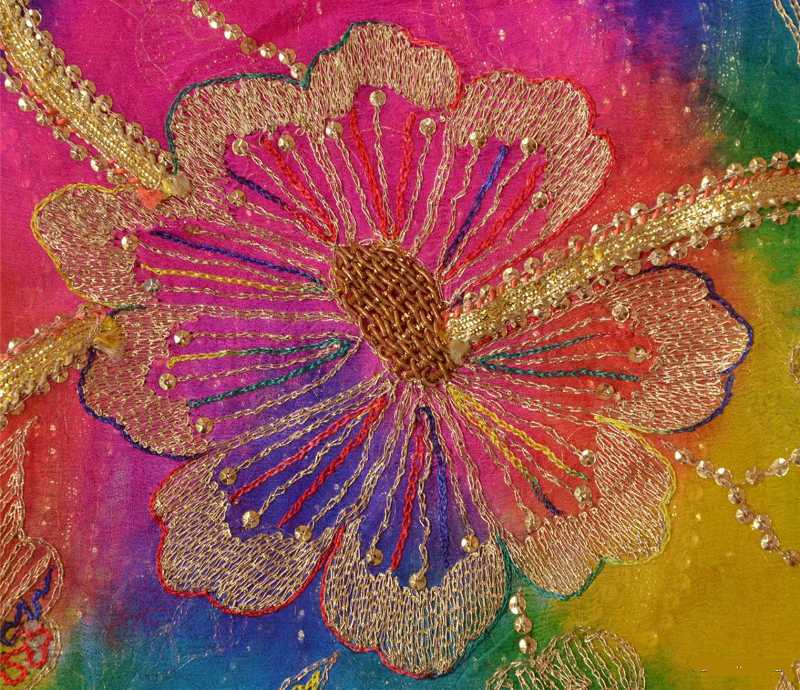===
0178,
4
===

=== |
 |
mudām : 'Continuous; continual, lasting; perpetual; eternal; —continually; perpetually; always; eternally; —s.f. Wine; spirits'. (Platts p.1014)
rang uṛ chalnā : 'To lose colour, to fade; to change colour, become pale (from emotion, or fear, &c.), to be afraid'. (Platts p.601)
FWP:
SETS == A,B; EXCLAMATION; LISTS
MOTIFS == WINE
NAMES == SAQI
TERMS == AMBIGUITY; MEANING; MOOD; NAZM; ZILAThe expression rang uṛ chalnā , 'for the color to fly away', is a common idiomatic expression, and it's usually used for pallor-- 'for the face to become pale' (that is, for color to flee from the face). For an excellent example of this usage, explicated as such by SRF, see {74,2}. As SRF notes, and as is clear from the definition above, this is generally an indication of fear or grief or some other kind of agitation. Similarly, what does it mean for the wine-duck to 'bring out wings'? Would it then (undesirably) fly away? The second line might thus present an ominous possibility of some kind.
But an alternative reading too is suggested by SRF, who proposes that we might take rang uṛ chalnā to mean 'to spread out in every direction'. This is certainly possible, and he suggests a similar alternative reading in {74,2} as well, something like 'to fly around' rather than 'to fly away'. Thus the 'color of wine' might (desirably) 'fly around, spreading itself in every direction'. Similarly, the wine-duck might use its new wings to (desirably) fly around the room, heightening the general intoxication and joy. A cheerfully expansive reading for the second line is thus also quite possible. Compare
{115,1},
in which the idea of color flying away/around is treated with a similar degree of ambiguity.
The verbs in the verse all appear to be future subjunctives, thus referring to things that might or might not happen. For semantic reasons I've translated them as hopes or wishes ('may you be') rather than mere flatly stated possibilities ('you might be'). Of course, it happens that here the subjunctive is identical in form to the intimate imperative ('be!'), but since issuing commands about things one can't control is futile, it can't be said to make much difference either way.
So this seems really to be a special kind of 'A,B' verse that I call a 'list' verse; it consists of four 'wishes' in the first line and two 'wishes' in the second. Are those wishes sincerely meant, or are they sarcastic? Are they literally meant, or metaphorical (that is, expressing how things might or should appear to someone sufficiently drunk)? Do the four in the first line go together in two pairs, or are they all separate?
SRF has brought out some of the possibilities, and a mix-and-match strategy can surely bring out more. And then, what is the relationship between the two lines? Do they describe different aspects of a single situation (an evocation of transcendent intoxication), or two different situations (the first imagining 'ordinary' intoxication, the second imagining an unmediated state that can dispense with wine entirely)?
Compare Ghalib's tū ho aur line, which is a similar tour de force of ambiguity:
G{17,6}
Note for grammar fans: The first-person future subjunctive hūñ (or hoñ ) occurs so rarely that it does look odd; in the real world what we find is ho jāʾūñ .